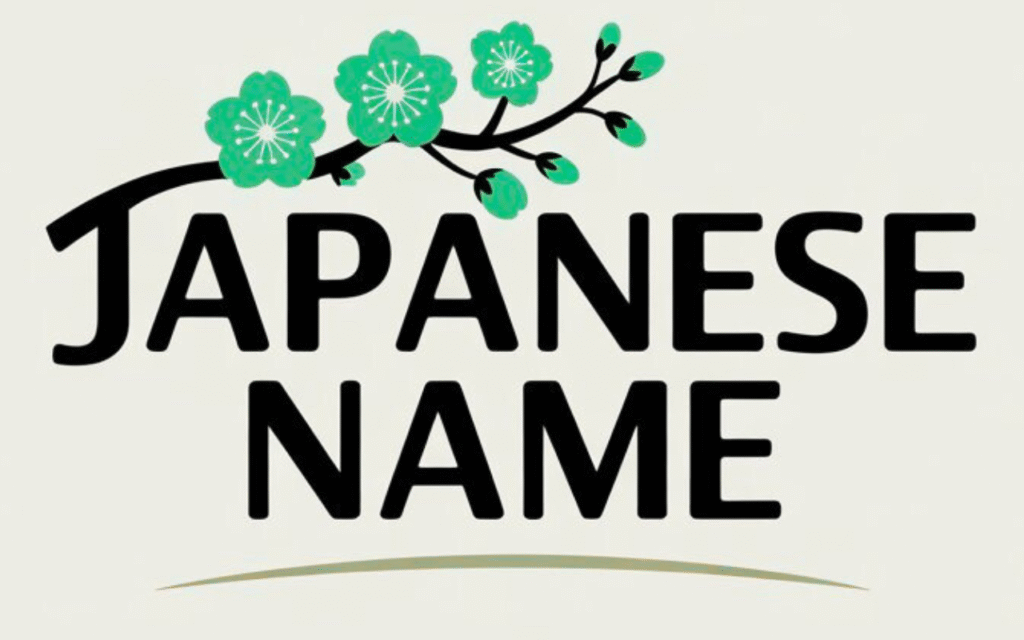How to choose a boy's name
Choosing a male Japanese given name blends meaning, ease of reading, family tradition, and future usability. This guide walks you through practical decisions and cultural considerations.
Priority checklist
- Decide the main theme (nature, strength, virtue, hope).
- Prefer simple, common kanji for legibility.
- Confirm the kana reading — this is authoritative for pronunciation.
- Test the full name with the family surname aloud.
- Verify kanji legality if registering in Japan.
Common masculine kanji & meanings
太 (ta)
Big, thick — denotes strength.
翔 (sho)
Soar, fly — freedom or aspiration.
大 (dai)
Great, large — leadership.
勇 (yu)
Courage — bravery, heroic quality.
陽 (yo)
Sun, positive light — warmth.
俊 (shun)
Talented, quick — intelligence.
Trends & context
Contemporary boys' names often favor aspirational or nature-based kanji (翔, 陽, 海). Shorter readings (two-to-three syllables) are popular for their international friendliness and ease of pronunciation.
Practical examples
Kaito — 海斗 / 海翔
Haruto — 陽斗 / 春人
Sora — 空
Testing names in real life
Say the full name in conversation, introduce it aloud in different contexts (school, workplace), and imagine nicknames. Also check how initials and shortened forms appear in typing and digital displays.
